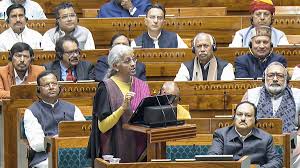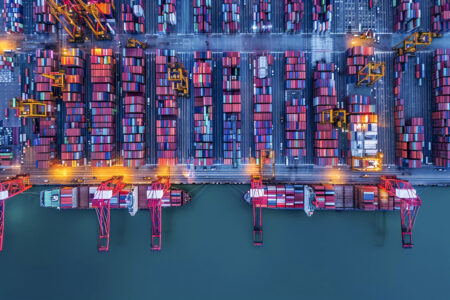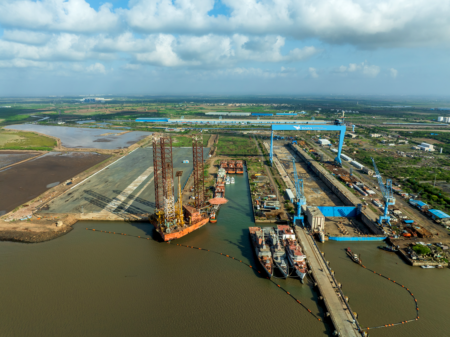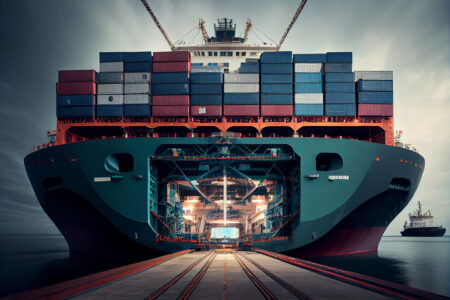India aims to create a new shipping company to expand its fleet by 1,000 ships, reducing reliance on foreign vessels and capturing growing trade revenue.
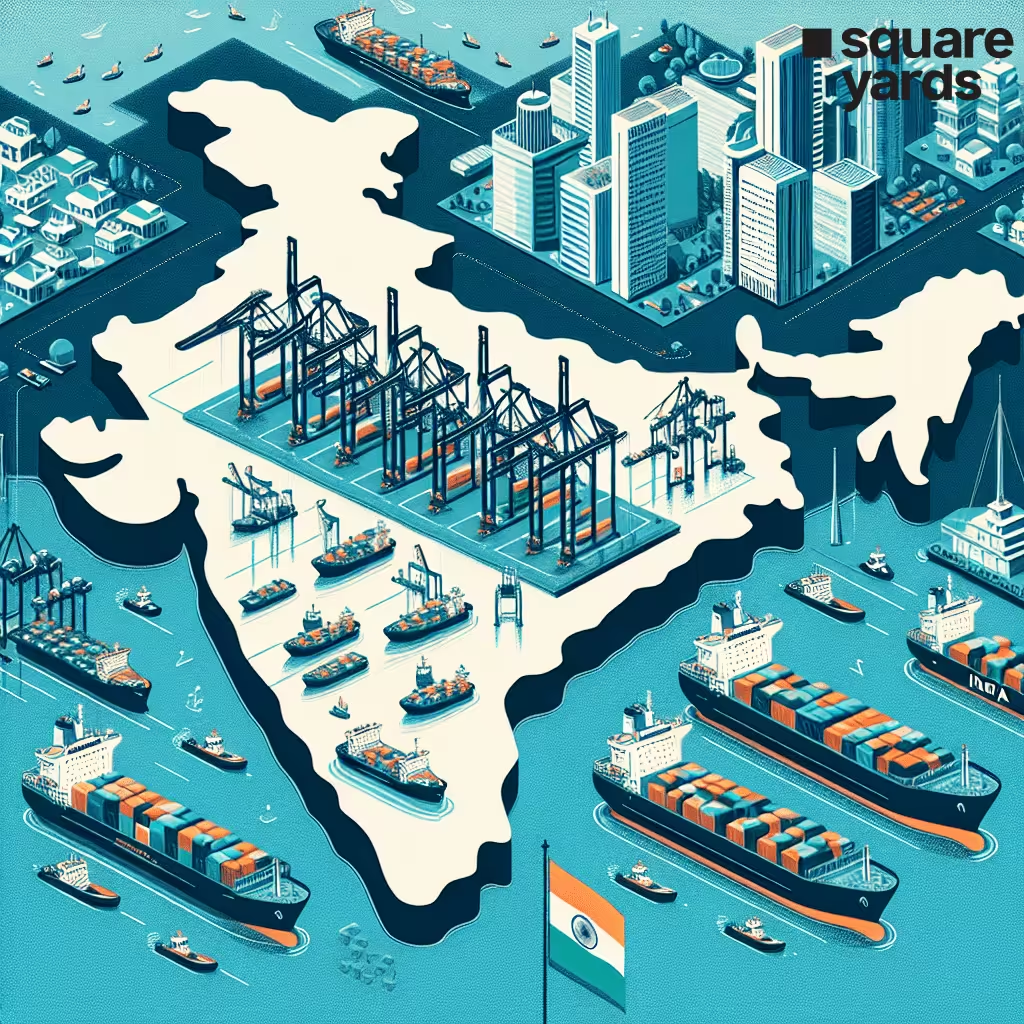
India plans to establish a new shipping company to expand its fleet by at least 1,000 ships over the next decade. This move aims to capture a greater share of revenue from the country’s surging trade, according to two government officials.
As Asia’s third-largest economy, India is investing billions in infrastructure to enhance its manufacturing capabilities. Prime Minister Narendra Modi, recently re-elected for a third term, envisions India becoming a developed nation by 2047.
The new shipping company, yet to be named, will be jointly owned by state-run companies in the oil, gas, and fertilizer sectors, along with the state-run Shipping Corporation of India and foreign partners.
The objective is to reduce freight payments to foreign firms by at least one-third by 2047, the sources said, requesting anonymity as they were not authorized to speak to the media. Currently, Indian companies pay substantial freight costs to foreign carriers, with estimates showing these costs will rise to $400 billion by 2047 as trade increases.
India’s shipping fleet, comprising about 1,500 large vessels, has not kept pace with its trade growth, leading to heavy reliance on foreign ships. In January, India’s oil and shipping ministries agreed on a collaboration between state-run oil companies and the planned shipping firm, according to a government document.
The new company will be based at GIFT IFSC, a financial center in Gujarat, and will benefit from fiscal incentives and a streamlined regulatory environment. Seed capital will come from a maritime development fund of roughly 300 billion rupees ($3.6 billion) set up in partnership with major port authorities.
To secure low-cost, long-term loans for financing shipbuilding, the ministries propose 15-year charter deals between state-run companies and the new firm, a shift from the current practice of shorter-term charters. In return, these state-run companies can become stakeholders in the new entity, consolidating government-side cargo demand, particularly from the energy and fertilizer sectors. India’s oil and shipping ministries did not respond to requests for comment.
(Source: Reuters)

